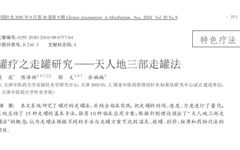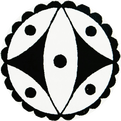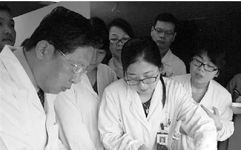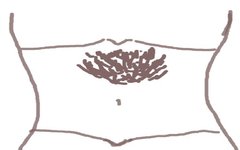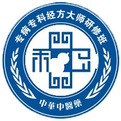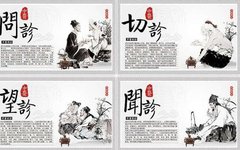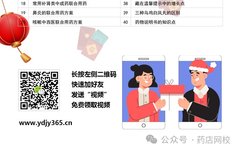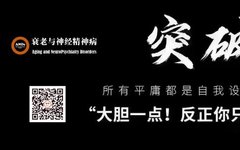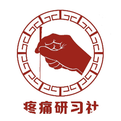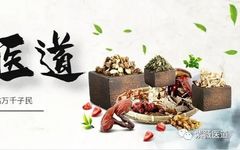Secrets of Cupping Therapy: Pain-Free Techniques to Enhance Effectiveness
Free updates on self-care methods in Traditional Chinese Medicine every night at 9 PM Massage, acupressure, hand diagnosis, facial diagnosis, cupping, acupoints, meridians, moxibustion, gua sha, navel diagnosis, mouth diagnosis, tapping, and muscle manipulation can all provide corresponding learning materials and video tutorials. Any acupoint name can be queried for detailed information Cupping therapy is … Read more

